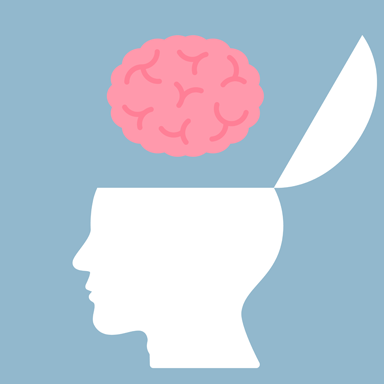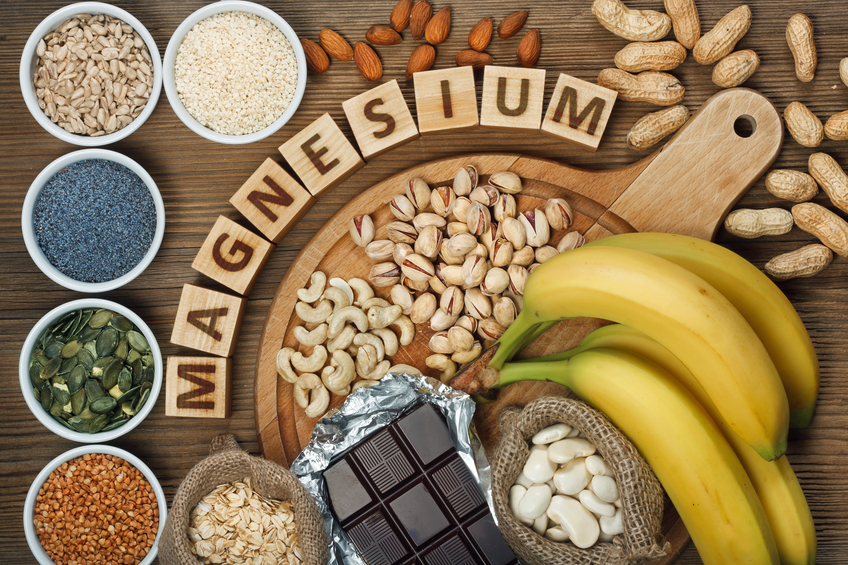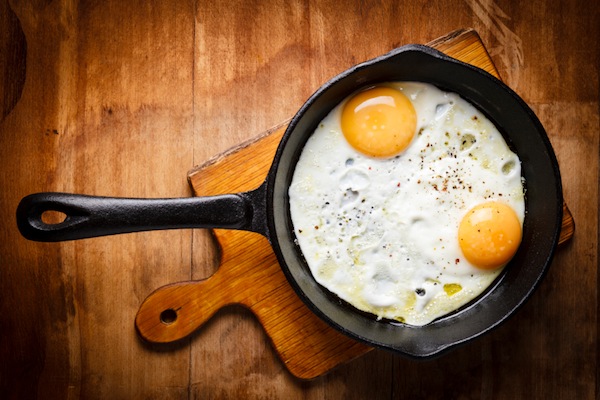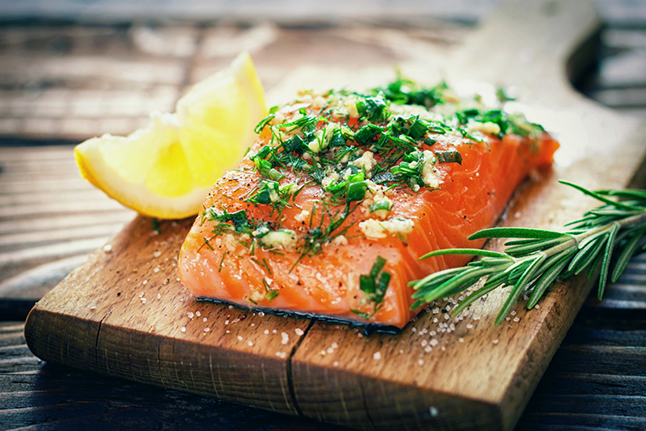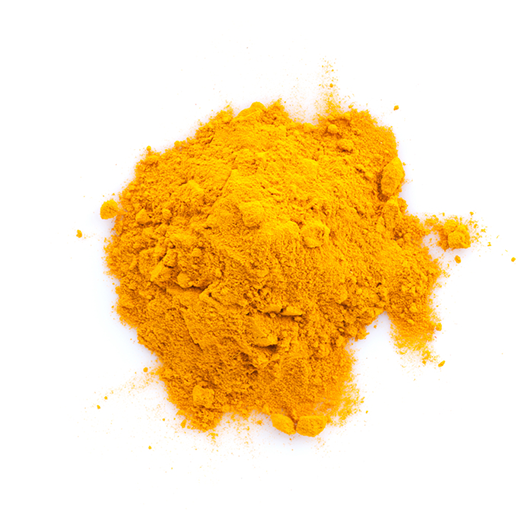Developing the plasticity of your brain can help to develop new neurons and support a healthy mind as we age – nutritional therapist May Simpkin explains
The idea that your brain is fixed, with defined regions responsible for specific functions is one that we have become familiar with. We assume that our brain neurons can’t change. But emerging research into neuroplasticity now shows that this notion may not be correct and in fact, the connections between the neurons can reorganize themselves, making the brain stronger. For example, in cases of brain damage, neuroplasticity allows a healthy region to take over the role of the damaged section and also allows us to learn and develop new skills and create memories, by either strengthening existing pathways or establishing new connections.
Many neurodegenerative diseases such as Alzheimer’s, Huntington’s and Parkinson’s involve a loss of neuroplasticity. Similarly, a loss of cognitive function associated with ageing may also be due to a loss of neuroplasticity. Increasingly, research is showing that diet and lifestyle play a significant role in the development of neuroplasticity. Here are nine ways to make your brain more plastic.
-
Get a good dose of magnesium
Magnesium is involved in a significant number of functions in your body and brain health is one of them. Research shows that increased magnesium intake results in improved nerve activity and cognitive performance. Ensure your diet is full of dark green leafy vegetables and plenty of nuts and seeds to increase your magnesium intake. Try this Sautéed Sesame Kale, Sweet Potato and Cashew Wasabi for a magnesium rich salad.
-
Eat Eggs
Egg yolks are rich in choline, which we need to produce the neurotransmitter, acetylcholine; this is vital for neural plasticity. They are also a rich source of other brain friendly nutrients like Selenium and good omega 3 fats.
Try an omelette for a quick and easy meal or a couple of boiled eggs in your lunch box. You can safely eat two eggs a day as part of a healthy balanced diet.
-
Get the right amount of sleep
Sleep is the time when our brain rests and repairs, restoring all the nerve connections so that you are able to start again the following day; learning, creating new memories and developing new skills. Without adequate sleep, your nerve connections are unrestored and remain over connected and intertwined; A “fuzzy” head is often a symptom of a lack of sleep.
Focus on a regular sleep routine; for example a hot bath, herbal tea and reading before bed. Try to avoid using your mobile phone or any other devices just before bed and ideally do not have them in the bedroom. Epsom salt baths may help to relax muscles before bedtime and encourage a good night’s sleep.
MORE: 10 ways sleep perfectionism is keeping you awake
-
Fill up on fish
Numerous studies show that omega-3 fats are essential for optimal brain health; protecting the brain from loss of cognitive function and enhancing plasticity. Eat oily fish like salmon, sardines, herring and mackerel 2-3 times a week to ensure adequate intake. A small handful of walnuts are an ideal omega-3 rich snack. A good quality fish oil or flaxseed supplement can be considered.
-
Eat turmeric
As a powerful anti-inflammatory, Turmeric can protect against free radical damage that can contribute to a loss of brain plasticity. As well as using ground turmeric in your favourite curries, try adding a pinch to a homemade salad dressing, scrambled eggs or stir fries. Try this easy Cauliflower and Quinoa rice for a delicious vegetarian/vegan dish all the family can enjoy.
MORE: How to get more protein into your diet
-
Exercise
Numerous studies show that exercise has an enhancing effect on nerve repair, providing a protective role against brain diseases and helping to prevent the decline of cognition across your lifespan.
Regular exercise is crucial so aim to make time for exercise on a daily basis. Initially, try to include any physical activity during your day, beginning with as little as 10 minutes several times a day and increase this to at least 30 minutes over time. Here are a few ways you can increase your daily activity:
- A brisk daily walk during your lunch hour at work or on the way back from the school run
- Riding your bike to work or any other activity
- A swimming session or class at your local pool
- Joining a gym or local sports club
- Take the stairs instead of the lift or escalator where possible
MORE: 8 proven ways exercise makes you happier
-
Reduce your stress levels
Stress is part of everyday life and often unavoidable. However, how we deal with stress can help to reduce loss of neuroplasticity in the brain. Exercise and good sleep will go a long way to suppress the symptoms of stress, along with ensuring a healthy balanced diet that is low in refined carbohydrates including white bread, pasta, cakes, biscuits and sweets as well as alcohol.
MORE: 11 things only REALLY stressed people say
8. Change your routine
Although we can take comfort in our normal routines that ensure our day-to-day life runs smoothly and efficiently, it also means that our brains do not have to work as hard to execute these tasks. Challenge your brain so that it is forced to form new nerve pathways with the following suggestions;
- Change your route home from work
- Reverse your usual dog walking direction
- Opt for a new restaurant in a different part of town
- Use your left hand to perform simple tasks such as brushing your teeth
9. Keep learning
Keeping your brain active will help to mitigate against a loss of neuroplasticity and therefore a loss of cognitive function over time. Engaging in a new activity will help your brain to keep active and remember, if you find your new activity difficult and challenging, your brain will have to work harder to create new neural pathways or strengthen existing ones.
Here are a few ideas:
- Sign up to learn a new hobby or even learn to play a new instrument
- Read a new genre of book
- Enrol on a new course; online or at a local adult education centre
- Attend a presentation, workshop or seminar
- Learn a new language
- Travel and experience a new culture, new foods and new experiences.
More from May Simpkin
How to lose weight – the nutritionist’s golden rules
5 reasons you haven’t lost your baby weight

leading nutritionists
May Simpkin is a UK qualified Nutritional Therapist with a Masters Science degree in Personalised Nutrition. She is an experienced clinician, practicing functional medicine from an evidence base, providing the latest research into nutrition. She is a registered practitioner, bound by the code of ethics in clinical practice and has met the strict criteria required for BANT, the British Association for Applied Nutrition and Nutritional Therapy and the CNHC, Complementary and Natural Healthcare Council, which is the council recommended by the UK Department of Health for complementary and natural healthcare services. She is also Chair of the Continual Professional Committee at BANT. In addition, she is registered with AFMCP, The Institute for Functional Medicine – Applying Functional Medicine in Clinical Practice™ and a member of the RSM, The Royal Society of Medicine.
For more information on how to lose weight, nutrient rich repices, and ideas, visit www.maysimpkin.com or Follow May on Instagram: @maysimpkinnutrition or Twitter @MaySimpkin
MORE: WIN! A Healthista hamper worth over £350
MORE: 10 best leggings for gym-to-street wear
Like this article? Sign up to our newsletter to get more articles like this delivered straight to your inbox.




